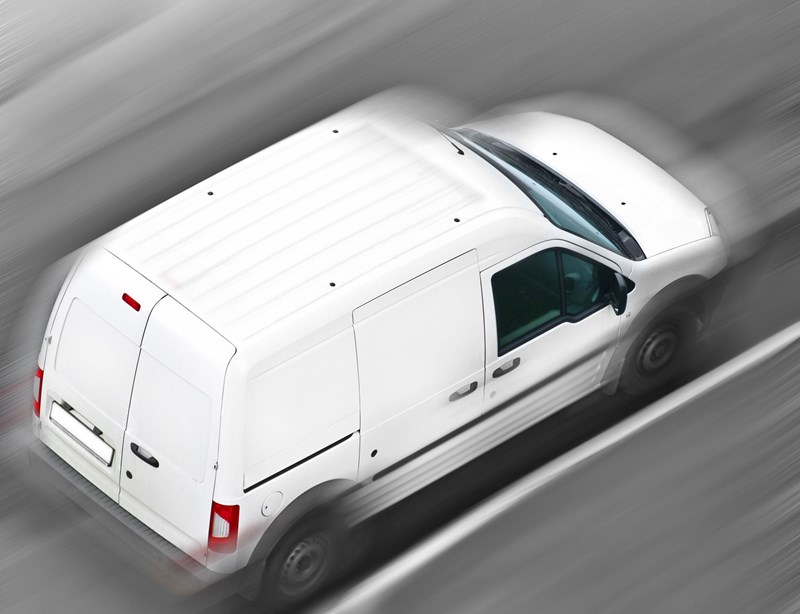The First-Tier Tribunal recently heard three appeals that examined whether vehicles supplied to employees were vans or cars. The main appellant in this case was Coca-Cola European Partners GB Ltd (Coca-Cola) who supplied vehicles to a number of their employees.
Until 1997, Coca-Cola’s technicians had used estate cars but the amount of equipment that the employees needed would no longer fit in an estate car and Coca-Cola moved to supplying a choice of three different types of vans to its employees.
The taxpayer contended that the vans were within the definition of ‘goods vehicles’ but HMRC disagreed. This is an important point because the categorisation of a vehicle supplied to an employee significantly affects the income tax liability for the employee as well as the national insurance contributions for the employer. A lower income tax charge applies if a vehicle is defined as a goods vehicle. One of the important factors in deciding whether a vehicle can be classed as a ‘goods vehicle’ is if it is primarily suitable for the conveyance of goods.
Much of the judgement concerns the specific models of the vehicles as well as modifications carried out by a third party on behalf of Coca-Cola. The First-tier Tribunal examined all the salient points and concluded that one of the vehicles, a Vauxhall Vivaro, was a van and allowed that part of the appeal. The other two vehicles in questions were two versions of the Volkswagen Transporter Kombi which the Tribunal decided were cars and that part of the appeal was dismissed.
Planning note
This is an interesting case as it seems to put the onus of proof on the employer to ascertain whether they are providing employees with a car or a van. It would be useful if HMRC offered additional guidance following this decision. It is also worth noting that there are differences in the Vehicle Excise Duty and VAT legislation. Accordingly, we could have the bizarre situation where the same vehicle might be treated differently for different taxes.

